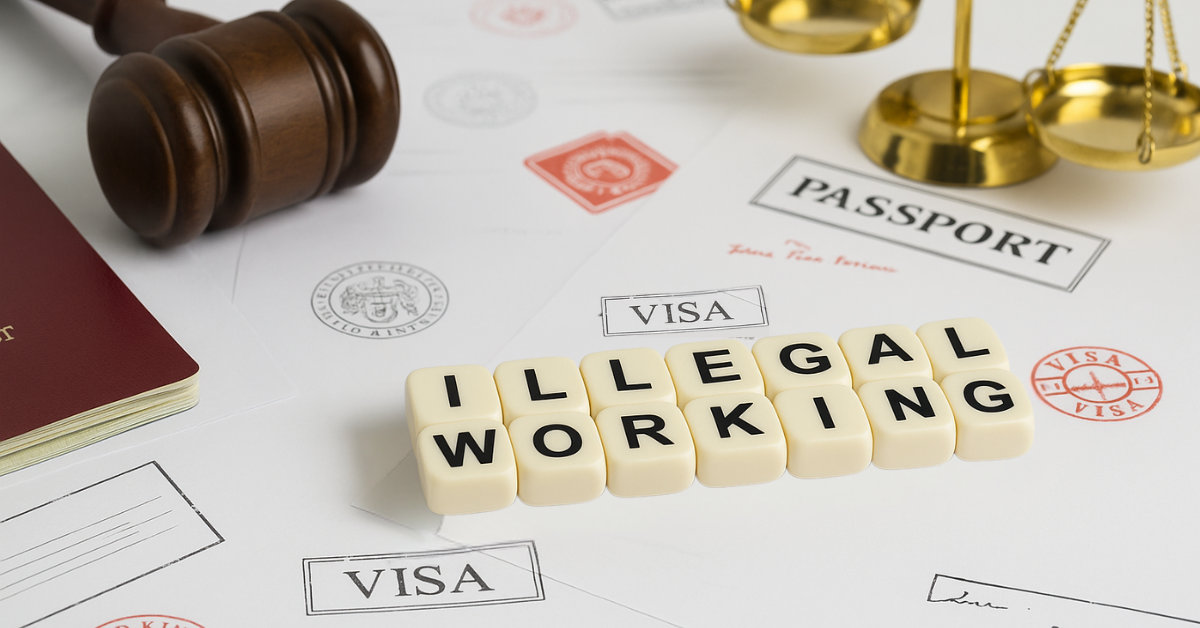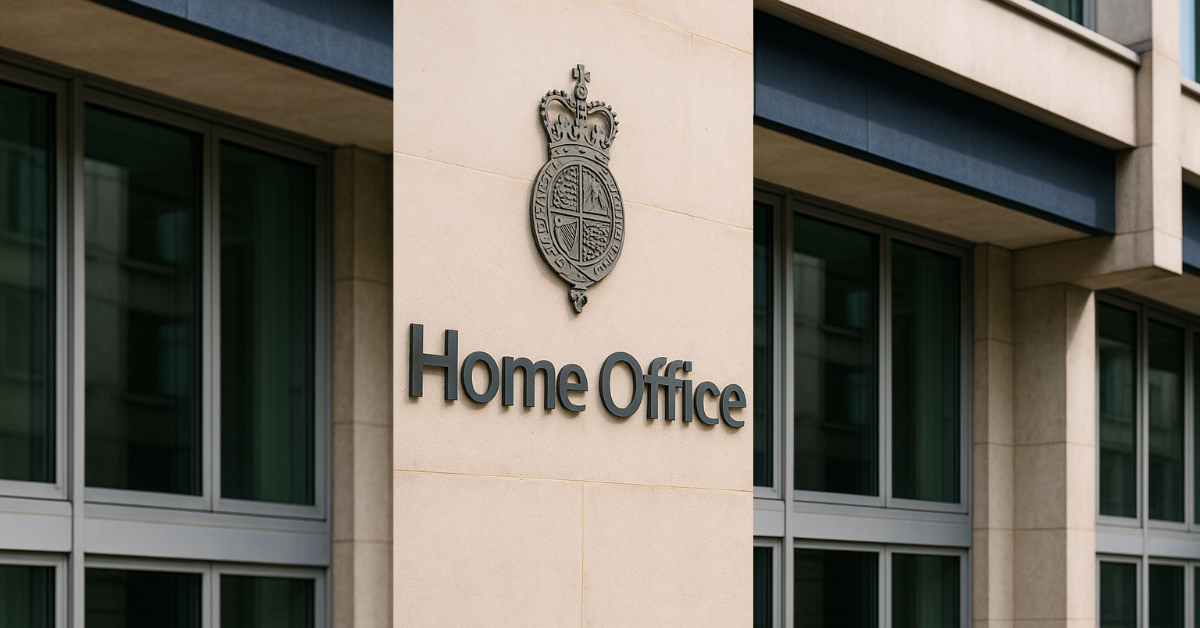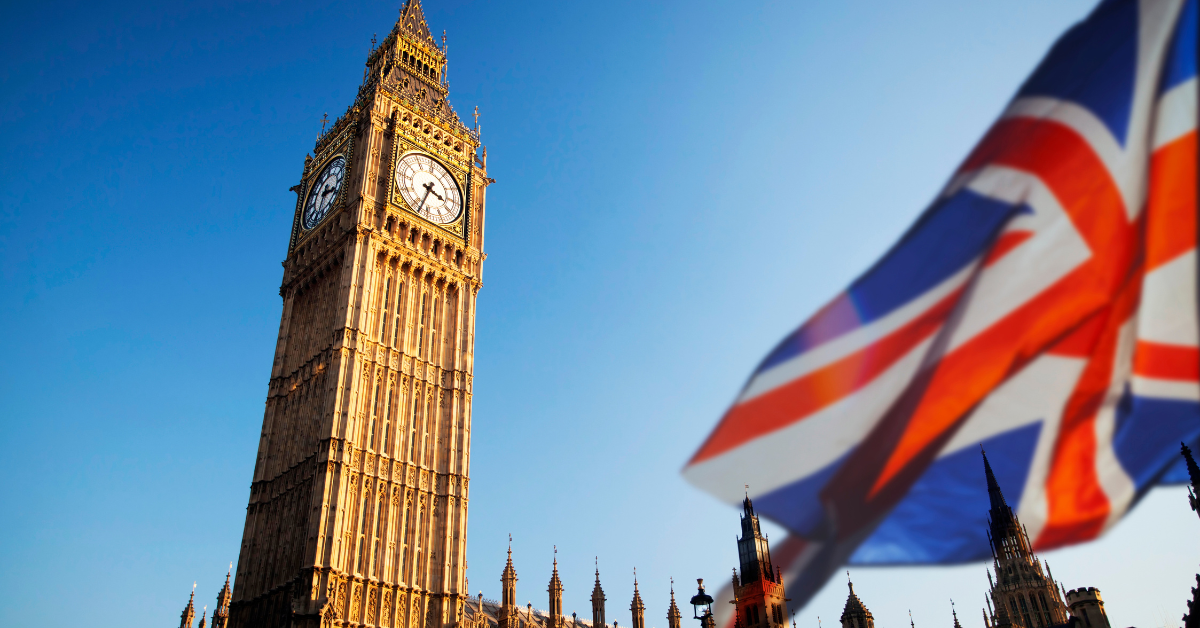
Nationality and Borders Bill
The Nationality and Borders Bill is a new route to the UK’s immigration system. In this blog we discuss the detrimental impacts which this will create.

Karen Halliwell
Why was the Nationality and Borders Bill introduced?
Back in 1951, the UK government signed the Refugee Convention. Through signing this, the UK government (along with 148 member states) signified their commitment to ensuring that those fleeing countries due to a fear of persecution would subsequently be able to rebuild their lives safely in another country. However, in recent months this commitment has come under scrutiny due to the proposed Nationality and Borders Bill which, if passed, has widespread implications for the UK’s current immigration and asylum system.
What are the aims of the Nationality and Borders Bill?
The Nationality and Borders Bill had its first reading on the 6th July 2021 and has three stated objectives:
-
To increase the fairness of the system to better protect and support those in need of asylum.
-
To deter illegal entry into the United Kingdom, thereby breaking the business model of people smuggling networks and protecting the lives of those they endanger.
-
To make it easier to remove those with no right to be in the UK.
In addition to these three main objectives, the Bill also states that changes would be made to nationality law and to the processes for identifying and protecting victims of trafficking or modern slavery.
Has the Nationality and Borders Bill passed?
Yes, on the 27th April 2022, the Nationality and Border Bill was passed.
What is the impact of the Nationality and Borders Act?
If implemented, the Nationality and Borders Bill would create a widespread reform of the UK’s immigration and asylum system. Many of its provisions have attracted a wide degree of controversy, however, some of the most debated parts of the Bill to date are that:
-
The Nationality and Borders Bill will introduce new exemptions to the requirement that individuals need to receive notice of the decision to deprive them of their citizenship. In essence, this would mean that more individuals may have their citizenship removed at immediate notice.
-
Priority Removal Notices (PRNs) will be introduced which will set the period of time in which a person can challenge the Home Office’s decision to remove them from the UK. Any evidence provided after this deadline will be given ‘minimal weight’ if no ‘good’ reason for not complying with the deadline is provided. The introduction of these PRNs is reminiscent of the removal window scheme which had been previously suspended.
-
Detained fast-track is rebranded and renamed as the ‘accelerated detained appeals’. It is worth bearing in mind that detained fast-track was declared by the Court of Appeal as being unlawful.
-
An individual’s right to appeal is removed. This even concerns appeals made from outside of the UK and cases which are certified. In doing so, existing appeal rights are weakened despite the high-levels of wrong initial decisions.
How are people reacting to the Nationality and Borders Bill?
Perhaps unsurprisingly, there is a growing concern for the proposed Bill. This concern is being voiced on a domestic and international stage by defenders of refugee protection, NGOs, and those who are trained practitioners.
The UNHCR, for instance, states that the Bill would penalise most refugees seeking asylum in the country, creating an asylum model that “undermines established international refugee protection rules and practices”.
When considering the above points in full, it is clear that the Refugee Council was right to characterise the Nationality and Borders Bill as the “anti-refugee” Bill. The Refugee Council has stated that if the Bill is passed then it will create “a discriminatory two-tiered approach to asylum” whereby those seeking asylum after having travelled through a third country will be treated differently in their claims and have restricted rights and entitlements when granted protection.
When we consider the implications of this proposed Bill in relation to the UK’s obligations as a continuing signatory to the 1948 Universal Declaration of Human Rights it seems somewhat contradictory. Essentially the Borders Bill would criminalise the people in which the UK made a commitment to protect, and in doing so, it breaches the commitments made in the Refugee Convention, thus it cannot be allowed to continue.
Speak to an immigration advisor
If you receive notice of deprivation of British citizenship, it is vital that you act quickly and gain legal representation to help you to appeal the decision. Our expert immigration solicitors are able to assist you to prepare and submit the strongest case possible by adhering to the latest immigration laws and ensuring that all evidence is gathered.
Issues with the Nationality and Borders Bill
There are many issues with the Borders Bill, but here are just a few problems with the Bill:
It breaches existing commitments:
Some organisations are highly, and rightly, concerned that the Nationality and Borders Bill breaches the 1951 Refugee Convention. It is clear on first reading that the Bill in its current format will not achieve its purported aims. It is important to note that the UK has a legislation from 1971 that already punishes illegal entry by those without leave to enter which address point 2 and 3 of the Government’s purported aims. The Borders Bill goes much further than that. It would essentially criminalise the very act of arriving to claim asylum, and designates simple arrival (as opposed to entry) as a criminal act.
It fails to account for delays:
The Nationality and Borders Bill does not address the delays at the application stage. Questions regarding this omission have been put to the Home Secretary during the various debates and readings but they subsequently went unanswered.It doesn’t deal with the traffickers:
The Borders Bill fails to deal with the traffickers rather than the trafficked persons. Information sharing between safe countries is not legislated for and the issue of the UK’s exclusion from the Eurodac fingerprint system is not addressed.
It ignores minors and doesn’t mention those crossing the Channel:
The Nationality and Borders Bill fails to help unaccompanied child refugees and does not confirm that a workable agreement with France has been made to address the issue of boat crossings.
It may create a ‘two-tiered citizenship’:
Rightly, most seasoned practitioners have problems with the drafting of the citizenship provisions of the Bill.
Under international law - and specifically the 1948 Universal Declaration of Human Rights - everyone has the right to a nationality so people cannot simply be left stateless. But the Nationality and Borders Bill says that the British government would have the power to strip people of their citizenship without notice if they have another nationality to fall back on - for example if they have dual citizenship, or if it is possible to get citizenship somewhere else, such as the country their parents come from.
In addition to cases concerning national security, there are other situations in which an individual’s citizenship can be removed without warning. Other reasons why an individual’s citizenship may be removed include it being “in the public interest” or needing to maintain relations with other countries. These situations have yet to be clearly defined and this is the root cause of the level of concern amongst practitioners. This is because it conveys almost limitless power of the Home Office, which is a government body whose decisions are already the subject of many thousands of successful appeals per year. However, in these cases, the person may not even know about the decision to be able to make that legal challenge.
Given the severity of the decision at hand, these are very few circumstances that one can envisage where this kind of limitless power does not cause visions of the potential for dictatorship and a sense of stomach-churning unease.
On the 14th January 2022, the UN Special Rapporteur for trafficking in Persons published a statement on the UN website stating that “We are alarmed that the bill will increase the possibility of arbitrary deprivation of citizenship ̶ which has a troubled history rooted in racism and discrimination ̶ and increase the risk of statelessness," The fact that the Special Rapporteur thought it appropriate to voice their concerns in preventing, ending, or remedying violations on behalf of OHCHR and the UN should not be taken lightly.
Citizenship deprivation and the Nationality and Borders Bill
Citizenship deprivation refers to taking away an individual’s right to being a British citizen. Citizenship deprivation orders are often served whilst the individual is outside of the UK and as they take immediate effect it means that the individual in question cannot return to the UK. In recent years, citizenship deprivation orders have often been served following cases of fraud whereby the Secretary of State would not have granted any form of other status if they had known the real facts at the beginning.
Deprivation differs from the loss of other forms of status as it goes further than the right to work, study, and to access public authorities. Rather deprivation goes as far as entailing the loss of a right of abode, meaning that penalties such as detention, deportation, and exclusion from the UK can occur to affected individuals. Additionally, the consequential rights, duties, and opportunities of the day-to-day life of the affected individual are also impacted. The sheer range and nature of the impacts of deprivation for an individual make it far more severe than other forms of loss of status.
Deprivation notices and legal advice
Should an individual receive a notice of deprivation, it is very important that they act quickly if they are offered a right to appeal against the decision. A legal advisor or immigration lawyer will be able to prepare and submit the strongest grounds of appeal possible by setting out the most up-to-date case-law and ensuring that all evidence available is gathered in good time to avoid a protracted legal battle ultimately to preserve the person’s citizenship.
In some cases, access to legal aid may also be possible and a full assessment of legal aid entitlement can be offered.
Final words
The Nationality and Borders Bill was passed meaning that it is now an act of law. It is clear to see that the Bill in its present form would devastate the lives of many already vulnerable and traumatised individuals, many of whom had no choice in the circumstances of having left their country of origin, their final destination country and who had no control over the direction their journey took.
Through the Nationality and Borders Bill, the UK government aims to “fix the broken asylum system so that it is fair but firm”. Whilst the creation of a fairer asylum system is something which we should be striving towards, the UK’s proposed firm but fair approach seems to favour the former.
If you are concerned about what this may mean for you, then please get in touch with us to speak to an immigration lawyer.
Subscribe for updates

The deportation process in the UK
Not ready to talk? Our free immigration resources may have the answer to your questions

Global Talent Visa: Eligibility, Requirements and Application Process

Border Security, Asylum and Immigration Act 2025 – What Employers Need to Know
.png)
UK Immigration Rule Changes 2025: Visa and Settlement Reforms Explained
%20What%20Sponsors%20Need%20to%20Know%20(1).png)
Upcoming Increase to the Immigration Skills Charge (ISC): What Sponsors Need to Know

Home Affairs Committee Launches Call for Evidence on Settlement Reforms

UK Immigration Rules 2025–2027: Key Visa & Policy Changes Explained

UK Immigration White Paper 2025: Visa & Settlement Rule Changes Explained

Home Secretary on UK Immigration: Settlement Rules & Border Control
.png)


